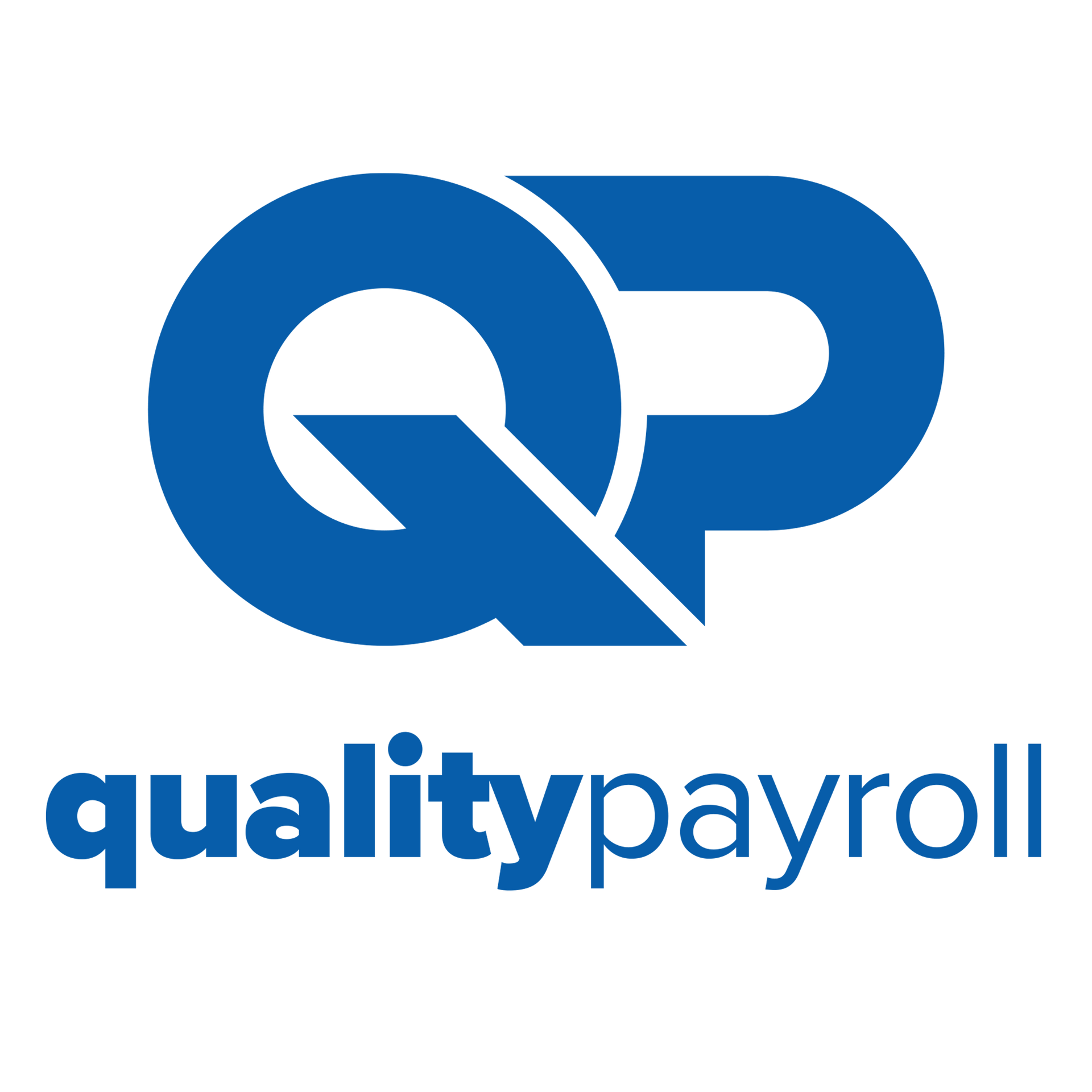Understanding Payroll Taxes: What Small Businesses in Utah Need to Know
Navigating payroll taxes is a vital aspect of running a small business, particularly in Utah. These taxes are essential for funding government programs like Social Security and Medicare, making it crucial for businesses to understand their obligations. Small businesses in Utah face unique challenges due to the combination of federal, state, and local tax requirements. The complexity of these regulations often leads to confusion, requiring careful planning and adherence to legal standards. Proper tax management not only ensures compliance but also fosters financial stability and business growth.
Federal Payroll Tax Obligations
Federal payroll taxes are a cornerstone of any business's tax responsibilities. Employers must manage Social Security, Medicare, and federal income tax withholding. These taxes are collected from employees' wages and remitted to the federal government. Failure to comply with federal payroll tax obligations can result in hefty fines and legal repercussions. Recent changes in federal payroll tax laws can impact how businesses handle these duties, necessitating that employers remain updated on any legislative developments. Staying informed ensures that businesses can adapt to changes efficiently, preventing costly errors and ensuring smooth payroll processing.
State Payroll Tax Requirements in Utah
Businesses operating in Utah must comply with specific state payroll tax obligations. The Utah State Unemployment Insurance Tax is a primary concern at the state level. This tax, along with other state-specific requirements, demands careful attention to maintain compliance. Businesses must determine their tax rate based on industry classification and experience rating, which can change annually. The Utah State Tax Commission offers guidance to help businesses navigate these state-level taxes effectively. Understanding and adhering to these regulations is crucial for avoiding penalties and ensuring smooth business operations. Keeping meticulous records of payroll taxes can also help businesses in the event of an audit or dispute.
Local Payroll Tax Considerations
Local payroll taxes add another layer of complexity for Utah businesses. Cities such as Sandy and Hurricane may have distinct local payroll tax obligations. These taxes can differ significantly between municipalities, requiring businesses to familiarize themselves with local regulations. Local tax rates and filing deadlines may vary, making it imperative for business owners to research and comply accordingly. Accessing information from local government websites or consulting with local tax professionals can assist businesses in identifying and meeting these local requirements. Compliance at the local level is essential for overall tax management, preventing unexpected liabilities, and maintaining a good standing with local authorities.
Common Payroll Tax Compliance Pitfalls
Small businesses often encounter several common pitfalls in payroll tax compliance. Mistakes such as miscalculating tax amounts, missing filing deadlines, and failing to remit collected taxes promptly can lead to severe financial consequences. Many businesses underestimate the importance of accurate payroll record-keeping, which can cause issues during tax audits. Penalties and interest from non-compliance can be damaging for small businesses, sometimes leading to cash flow problems. Understanding these common issues and implementing strategies to avoid them is vital for maintaining compliance and financial stability. Using payroll checklists and setting up automated reminders for tax deadlines can help prevent costly mistakes.
Employer and Employee Responsibilities
Payroll tax responsibilities are shared between employees and employers. Employees have taxes withheld from their wages, while employers are responsible for matching contributions to Social Security and Medicare. Employers also bear the responsibility of timely tax deposits and accurate payroll reporting to federal and state agencies. This division of responsibilities impacts payroll processing and budgeting, as employers must account for these contributions in their financial planning. Properly managing these responsibilities is essential for accurate payroll tax compliance. Failing to withhold the correct amounts or remit them on time can lead to severe penalties and loss of employee trust.
Strategies for Effective Payroll Tax Management
Businesses can adopt several strategies to manage payroll tax compliance effectively. Timely and accurate payroll tax filings are crucial, as is maintaining organized records. Setting up a dedicated payroll account separate from operational funds can help ensure that tax obligations are met without disrupting business cash flow. Staying informed about tax law changes and conducting regular audits or reviews of payroll processes can help identify and correct errors early. Implementing these strategies can enhance compliance and reduce the risk of penalties. Seeking guidance from professional tax advisors or payroll service providers can also streamline payroll tax management.
The Role of Payroll Software
Payroll software can significantly improve the efficiency of managing payroll taxes. Features such as automatic tax calculations and e-filing capabilities simplify the process for small businesses. Some payroll systems also generate compliance reports, making it easier to verify accuracy and fulfill reporting requirements. These tools help ensure accuracy and compliance, reducing the administrative burden on business owners. Exploring various payroll software options can provide businesses with the tools they need to manage their payroll tax responsibilities effectively. Investing in reliable payroll software can also save time and minimize errors, ensuring smooth payroll operations.
Insights from Experts and Case Studies
Expert opinions and case studies offer valuable insights into payroll tax compliance challenges. Tax professionals and accountants highlight the complexities small businesses face, while case studies of Utah-based businesses provide practical examples of successful payroll tax management. Learning from these examples can help other small businesses apply similar strategies and improve their compliance efforts. Understanding real-world scenarios allows businesses to anticipate challenges and implement proactive solutions. Engaging with industry peers and attending tax compliance seminars can also provide useful knowledge and networking opportunities.
Cultural and Geographical Influences
Cultural and geographical factors in Utah influence payroll management practices. Regional business practices and community initiatives can affect how businesses approach payroll tax compliance. Rural businesses may have different tax considerations than those in urban areas, affecting how payroll taxes are structured. Local business networks often provide support and education, helping businesses navigate the complexities of payroll taxes. Understanding these influences can assist businesses in developing effective compliance strategies. Leveraging community resources and professional networks can also enhance knowledge-sharing and collaboration among small business owners.
Future Trends in Payroll Tax Administration
Future trends in payroll tax administration may bring changes that affect small businesses in Utah. Potential regulatory changes, technological advancements in payroll processing, and evolving work environments, such as remote work, could all influence payroll tax obligations. With the rise of gig work and hybrid employment models, businesses may need to adjust their payroll systems accordingly. Staying informed about these trends will be important for businesses to adapt effectively and remain compliant. Utilizing digital payroll solutions and remaining flexible in payroll policies can help businesses prepare for upcoming shifts in tax regulations.
Understanding payroll taxes is essential for small businesses in Utah. By staying informed and proactive in managing these responsibilities, businesses can ensure compliance and efficiency. Ongoing education and consultation with tax professionals are key to navigating the complexities of payroll taxes successfully. Adapting to changes in tax laws and leveraging technology can further enhance compliance efforts. As the landscape of payroll taxes evolves, businesses must remain vigilant and adaptable to continue thriving. Consistent monitoring of payroll tax obligations and professional guidance can help businesses avoid penalties and maintain financial stability.
For assistance with payroll tax management and compliance, reach out to Quality Payroll & Benefits today. Our team is dedicated to providing expert guidance and support tailored to your business needs.










